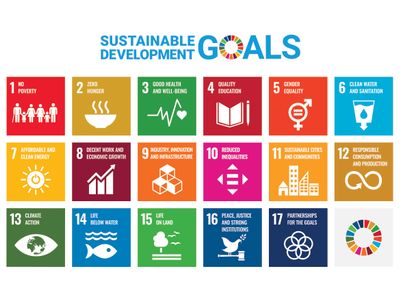The course will be composed of a mix of lectures and hands-on exercises to relate the student's research topic to aspects of the Sustainable Development Goals. One of the course output will be on applying methods to evaluate the sustainability implications of the participant's own PhD topic.
Seminars will include key concepts on sustainability, the Sustainable Development Goals, and international agreements on sustainable development, and relate key research areas at KTH with sustainability. For instace, seminars will relate to how climate change, social justice and gender equality, energy and industrial transitions and economic transition relate to broader Sustainable Development.
Students will learn how to map and evaluate their research in relation to the Sustainable Development Goals, both to produce the course final presentation and report, but also to fill the dedicated section on Sustainable Development in their eISP
Subjects and concepts that are brought up in the course include:
- Information on global international sustainable development agreements and their link to national policy.
- Global competence and key competencies in sustainability education
- Social justice and gender equality in the SDGs
- Industrial transitions and sustainability transitions
- Energy systems and the SDGs.
- Climate change and the SDGs
- Sustainable transport systems
- Sustainable production and consumption, circular economy
- Economic and sustainable development - substitutes or complements?
- Artificial Intelligencefor sustainable development
